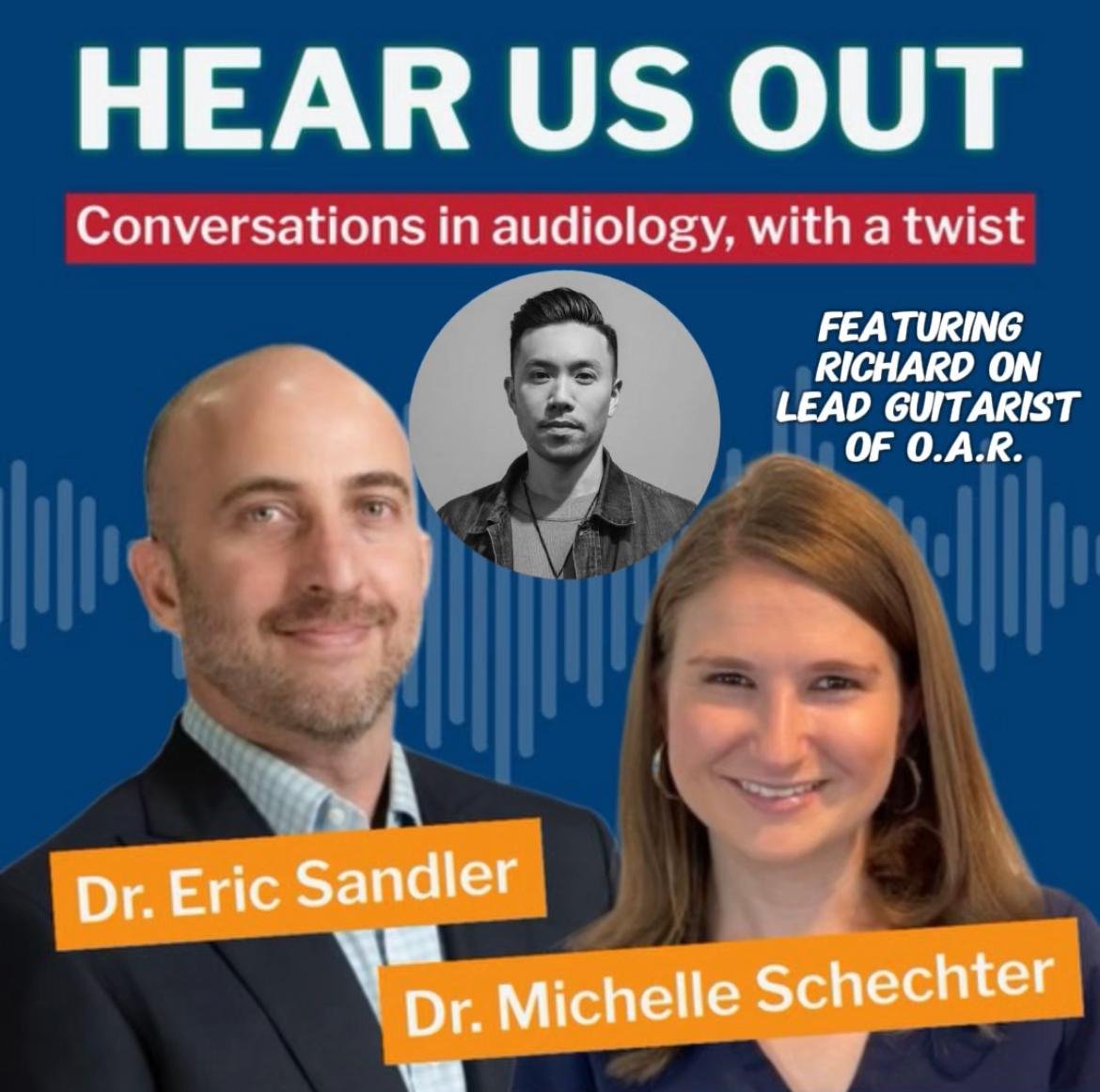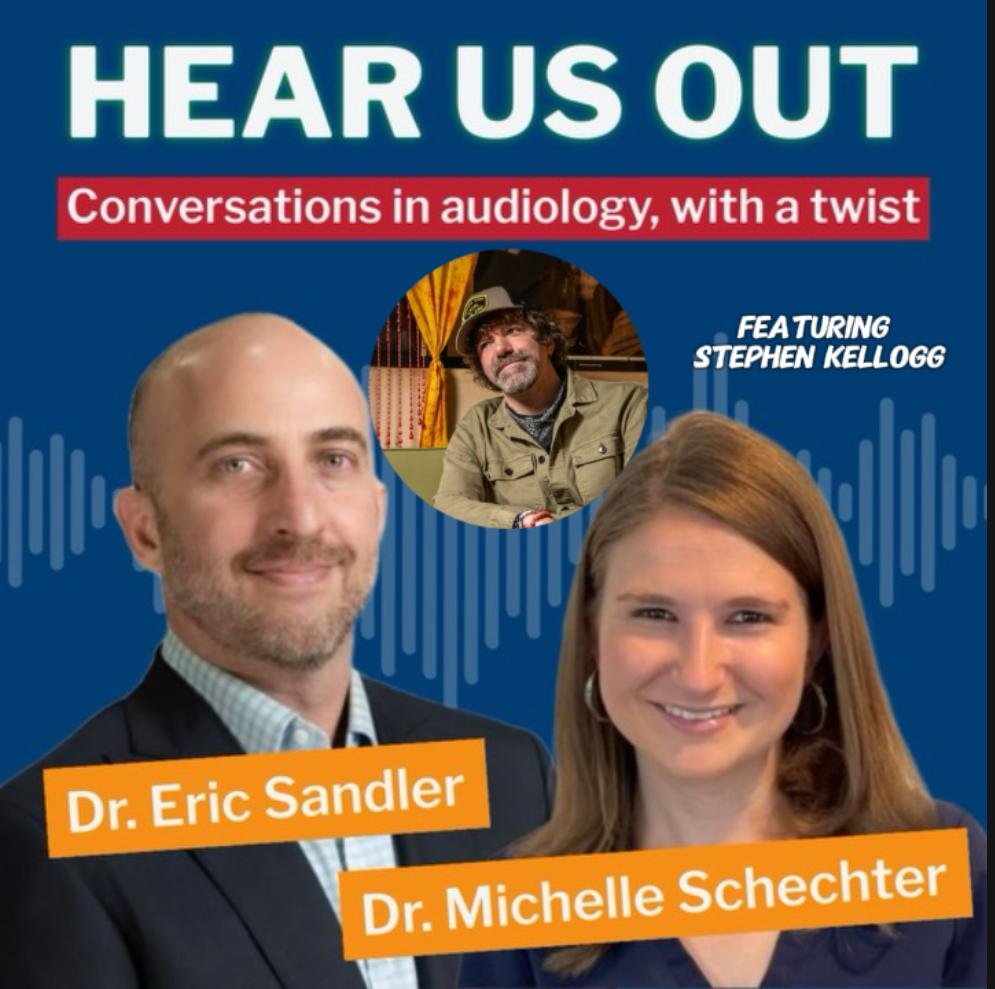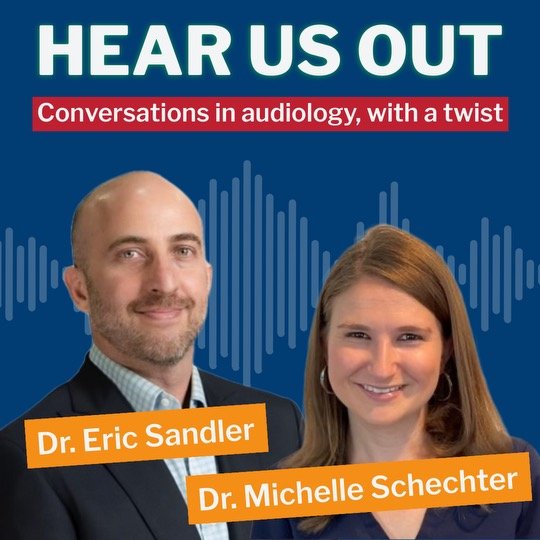Exploring Music Audiology: The Intersection of Sound and Hearing Health
When we think of audiology, we often imagine hearing aids or treatments for hearing loss. But did you know there’s a specialized field where audiology meets the world of music? This is where music audiology comes into play. A blend of both scientific study and artistic experience, music audiology focuses on how music affects hearing health and how audiologists can assist musicians and listeners alike in preserving their hearing while continuing to enjoy and create music.
Let’s dive into what music audiology is, why it’s important, and how it’s shaping the way we understand the relationship between sound and hearing.
What is Music Audiology?
Music audiology is a subfield of audiology that specifically addresses issues related to music perception, sound processing, and the effects of music on hearing health. It also focuses on how to preserve hearing in environments where sound intensity is high, such as concerts, music production, and personal music listening.
For audiologists, music audiology involves understanding how the human ear processes complex sounds found in music, which are often different from speech and other everyday sounds. Musicians, in particular, have unique needs, and music audiologists provide them with tailored solutions for preventing hearing damage while optimizing their listening experiences.
Why Is Music Audiology Important?
Music audiology is more crucial than ever as we are surrounded by loud sounds in almost every aspect of life. Whether it’s attending concerts, using headphones, or working in the music industry, the risk of noise-induced hearing loss is a real concern. Unfortunately, damage to hearing caused by prolonged exposure to loud music is irreversible, but through proper care and prevention, musicians and music lovers can avoid such damage.
Here are a few reasons why music audiology is important:
Preserving Hearing Health: Musicians and concert-goers face high-risk environments, with exposure to dangerously loud music. Music audiologists are key in providing preventative measures, such as custom ear protection, and advising on healthy listening habits.
Optimizing Sound Perception: For musicians, how they perceive sound is essential to their performance. Audiologists in this field ensure that musicians have the best auditory experience by helping them tailor sound equipment and hearing protection for their needs.
Assessing and Treating Music-Related Hearing Loss: Musicians and those working in the music industry are at higher risk for hearing loss. Music audiology helps detect early signs of hearing damage and provides strategies to minimize its impact.
Enhancing Music Therapy: In certain cases, music therapy is used to improve cognitive function, emotional well-being, or even speech therapy. Music audiologists often work in this area to understand how music can aid in rehabilitation and healing for those with hearing impairments.
How Does Music Audiology Differ from Traditional Audiology?
While traditional audiology focuses primarily on diagnosing and treating hearing disorders like tinnitus, sensorineural hearing loss, and auditory processing issues, music audiology places emphasis on the complexities of sound as it relates to music.
One of the main differences is that music audiologists work closely with musicians, sound engineers, and music lovers to understand how they interact with sound in specific contexts, whether that’s live performance, recording, or listening. They need to understand the nuances of how instruments, frequencies, and harmonics affect the ear in ways that differ from regular speech and environmental sounds.
Moreover, music audiologists are adept at measuring how different frequencies in music—such as bass, treble, and mid-range—are perceived by the ear. These variations are particularly important for musicians who rely on fine distinctions in sound to create music or perform at their best.
How Can Music Audiologists Help Musicians?
For musicians, maintaining good hearing health is essential, not just for career longevity but for preserving their ability to perform and enjoy music. Music audiologists offer several services for musicians, including:
Custom-Fit Hearing Protection: Earplugs designed specifically for musicians to block out harmful noise while still allowing them to hear the full spectrum of sound.
Sound Level Monitoring: Guidance on safe sound levels during rehearsals, performances, or practice sessions, ensuring the musician doesn’t put themselves at risk for hearing damage.
Hearing Assessments: Regular hearing tests and assessments to monitor hearing health, as musicians are often at risk of developing hearing issues due to constant exposure to loud sounds.
Acoustic Counseling: Offering advice on how to use sound systems and instruments in a way that minimizes hearing strain and damage, while still achieving the desired audio quality.
The Growing Role of Technology in Music Audiology
Advances in technology have significantly impacted the field of music audiology. Modern hearing aids, sound processing tools, and noise-canceling technology help musicians preserve their hearing while still enjoying music. For example, hearing aids with specific filters or settings can be customized to enhance the frequencies important for music and speech without amplifying harmful background noise.
Music audiology also benefits from sound measurement tools that allow audiologists to assess and adjust sound exposure in real-time during live performances or recordings. Musicians can get immediate feedback on sound levels, enabling them to protect their hearing without sacrificing the quality of their work.
Music audiology is a fascinating and crucial field that focuses on the intersection of music, sound, and hearing health. It plays a pivotal role in preserving hearing for musicians, concert-goers, and music lovers alike, while ensuring that people can continue to enjoy the healing and artistic power of music. As the field grows, more people will be able to learn about the importance of maintaining their hearing health and take proactive steps to protect it.
Whether you’re a musician, music lover, or someone in the industry, it’s time to start thinking about how you interact with sound and how you can safeguard your hearing for years to come. Music is a precious gift—let’s protect our ability to enjoy it.









